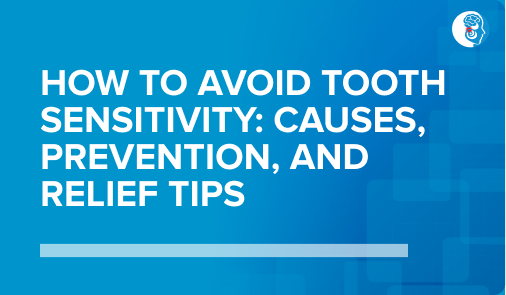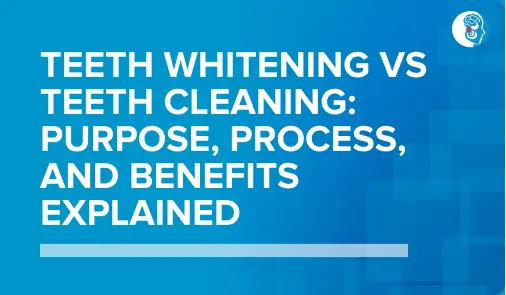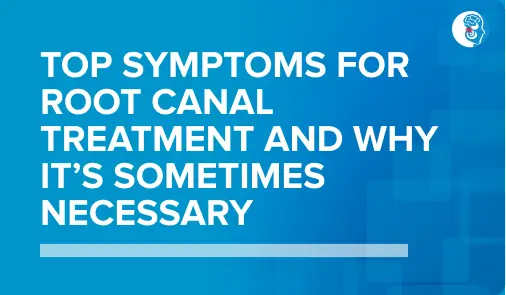
How to Avoid Tooth Sensitivity: Causes, Prevention, and Relief Tips
Tooth sensitivity can turn everyday moments into painful ones. A sip of cold water, a hot drink, or even brushing your teeth may cause sudden
Published on
A Jaw dislocation occurs when the lower jaw bone (mandible) is displaced out of its position at the temporomandibular joint (TMJ). It can result from trauma, excessive mouth opening, or a condition affecting joint stability. While some are handled immediately, untreated dislocated causes serious complications with the daily activities of eating, talking, and sometimes even breathing. Also, knowing the symptoms of a dislocated jaw helps in taking prompt measures to prevent this condition from becoming dangerous.
An untreated dislocated jaw may play a huge role in causing long-lasting pain and dysfunction in TMJ. It may develop into chronic TMD, causing prolonged pain and limited movement of the jaw.

Ongoing jaw dislocation is a key culprit of excess pressure on the temporomandibular joint (TMJ), with possible damage to the TMJ. Over time, what develops is osteoarthritis within the jaw that leads to irreversible joint damage and physical impairment.
Your wrongly positioned jaw dislocation can affect your chewing and speaking activities. This can greatly deprive a person of proper nutrition and a means of speech, effectively denying him a good quality of life.


Jaw dislocations are not only temporary nuisances; they can easily have relatively serious consequences if symptoms of a dislocated jaw are left untreated. Undoubtedly, prompt recognition of jaw dislocation and promptly seeking professional aid may help in preventing chronic pain and further arrhythmia within the TMJ. Hence, should one suspect or elevate dislocation, immediate care must be sought to assure complete and safe recovery. The Right Bite Sleep and TMJ Pain Care emphasizes the importance of early intervention for effective treatment and long-term jaw health
Contact us
Our other blogs

How to Avoid Tooth Sensitivity: Causes, Prevention, and Relief Tips
Tooth sensitivity can turn everyday moments into painful ones. A sip of cold water, a hot drink, or even brushing your teeth may cause sudden

Teeth Whitening vs Teeth Cleaning: Purpose, Process, and Benefits Explained
A healthy smile depends on more than daily brushing. Professional dental care plays a key role in keeping teeth clean, gums healthy, and smiles confidently.

Top Symptoms for Root Canal Treatment and Why It’s Sometimes Necessary
Tooth pain is not always easy to understand. Some pain goes away on its own. Other pain keeps coming back or getting worse over time.
WhatsApp us